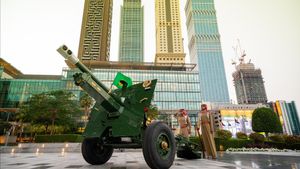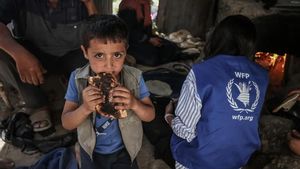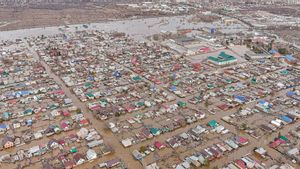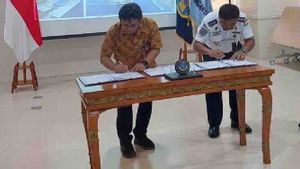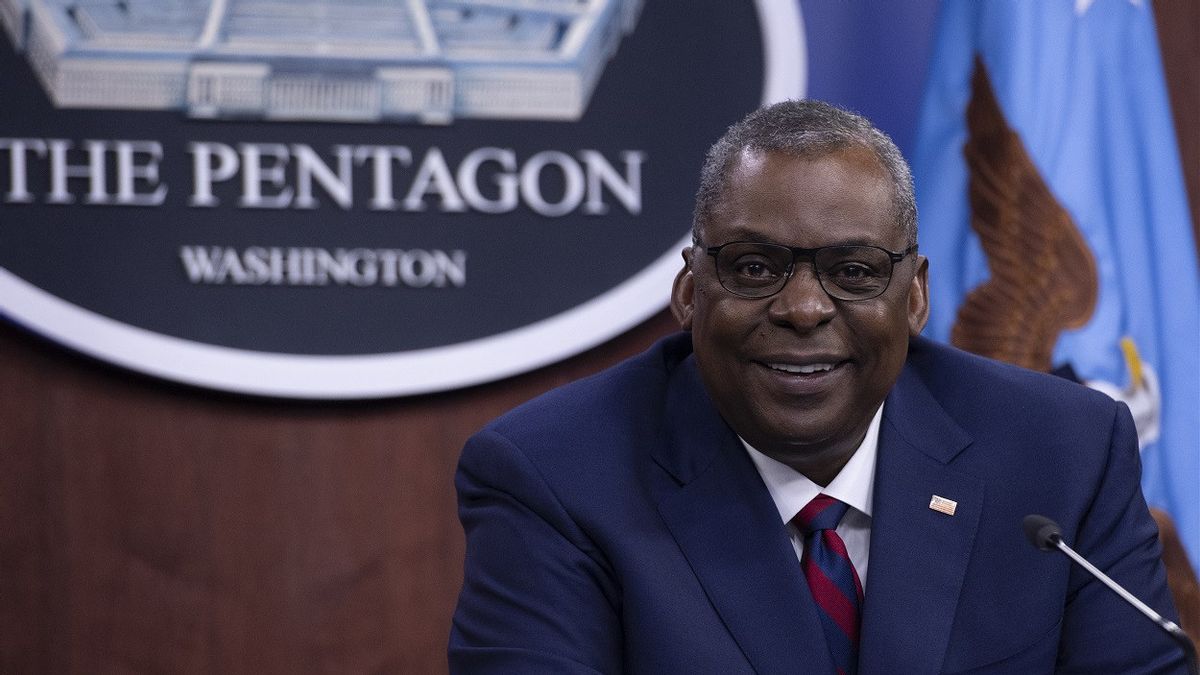
JAKARTA - United States Secretary of Defense Lloyd Austin said too many people had died in the Gaza Strip, but he also admitted that there has been no genocide in the Palestinian enclave since the latest Hamas-Israeli conflict broke out in the region last October.
The Pentagon chief also advised the US military to adhere to stricter standards, in order to avoid civilian casualties as Israel has done.
"We have no evidence of genocide," Austin told the US Senate Armed Forces Committee, reported The National News on April 10.
He was previously interrupted by protesters who shouted at him to "stop genocide" and end the shipment of weapons to Israel.
Elizabeth Warren, a progressive Democratic senator, asked Austin whether Israel's attack on Rafah, the southern Gaza city of which more than one million people have fled would be a "disaster".
"Too many civilians have been killed as a result of combat operations (in other parts of Gaza) and (Israel) need to get civilians out of fighting areas around the Rafah," said Defense Secretary Austin.
Gaza health authorities say more than 33,200 people have died in the enclave and nearly 76,000 people have been injured since Israel declared war on Hamas following its October 7 attack that killed nearly 1,200 people, according to Israeli calculations.
Warren himself referred to a recent report by Israel-based Magazine +972 and other media, which accused Israeli forces of waiting until the militant suspects were at home with their families before they were bombed.
The +972 report also said the Israeli military used artificial intelligence to identify targets of airstrikes in Gaza, resulting in the mass killing of civilians.
"Will America systematically choose to carry out military attacks that will most likely kill civilians, including children?" asked Warren.
"At all not. On the contrary. We routinely make every effort to ensure we do everything we can to minimize civilian casualties," replied Defense Secretary Austin.
Earlier, Israeli Prime Minister Benjamin Netanyahu said on Monday the date of the Rafah invasion had been set, but he did not say when it would happen.
The US itself asks Israel to avoid launching attacks on the Rafah, until a clear plan to protect civilians has been laid out.
관련 항목:
It is known that six months after Israeli air and landstrikes in Gaza, the destroyed Palestinian enclave was facing widespread hunger and disease, causing most of its population to now lose their homes.
Mass hunger in Gaza is likely to accelerate violence and ensure long-term conflict, Austin said.
"This doesn't have to happen. We have to keep doing everything we can, and we are doing this, to encourage Israel to provide humanitarian assistance," he added.
The English, Chinese, Japanese, Arabic, and French versions are automatically generated by the AI. So there may still be inaccuracies in translating, please always see Indonesian as our main language. (system supported by DigitalSiber.id)


